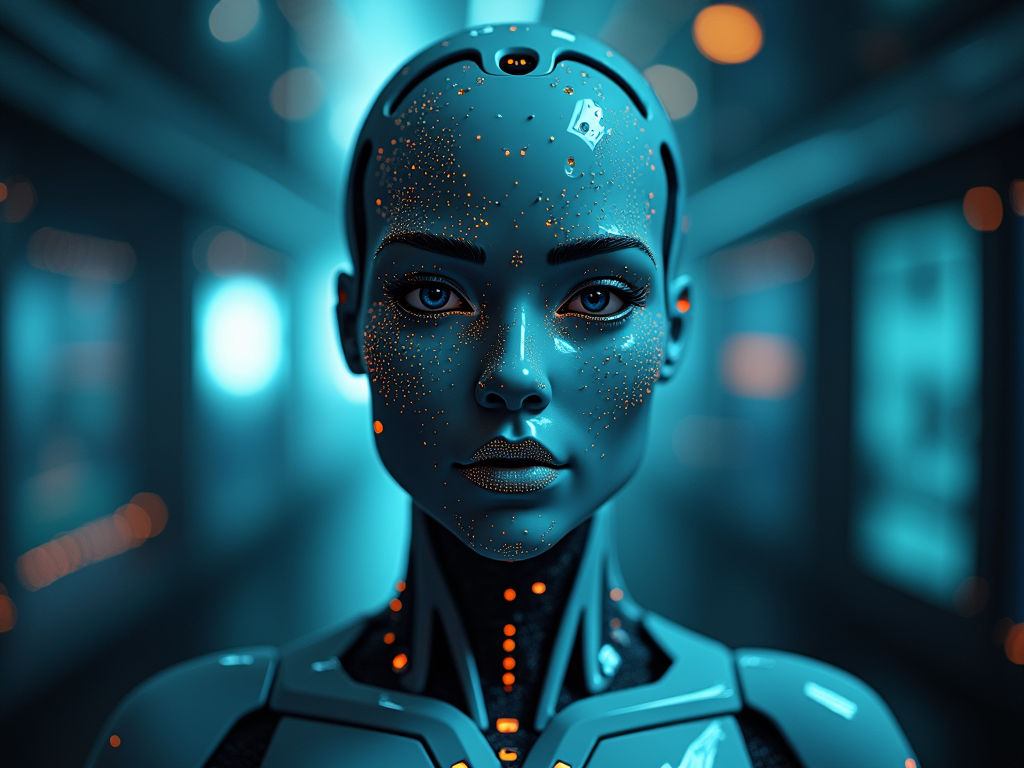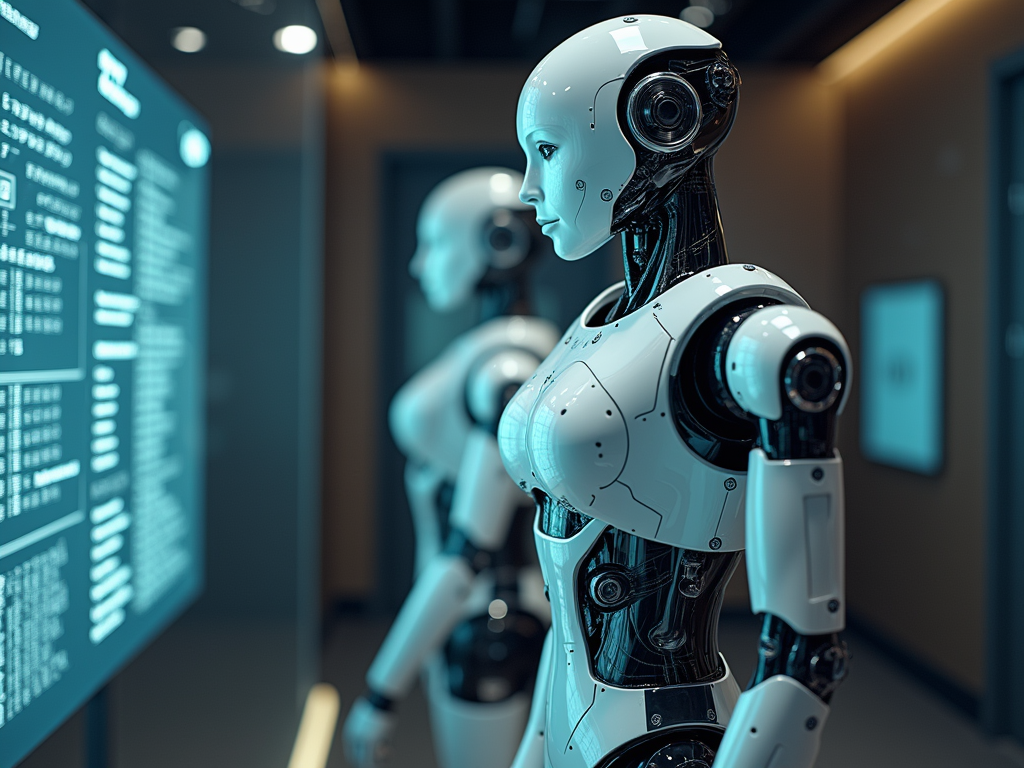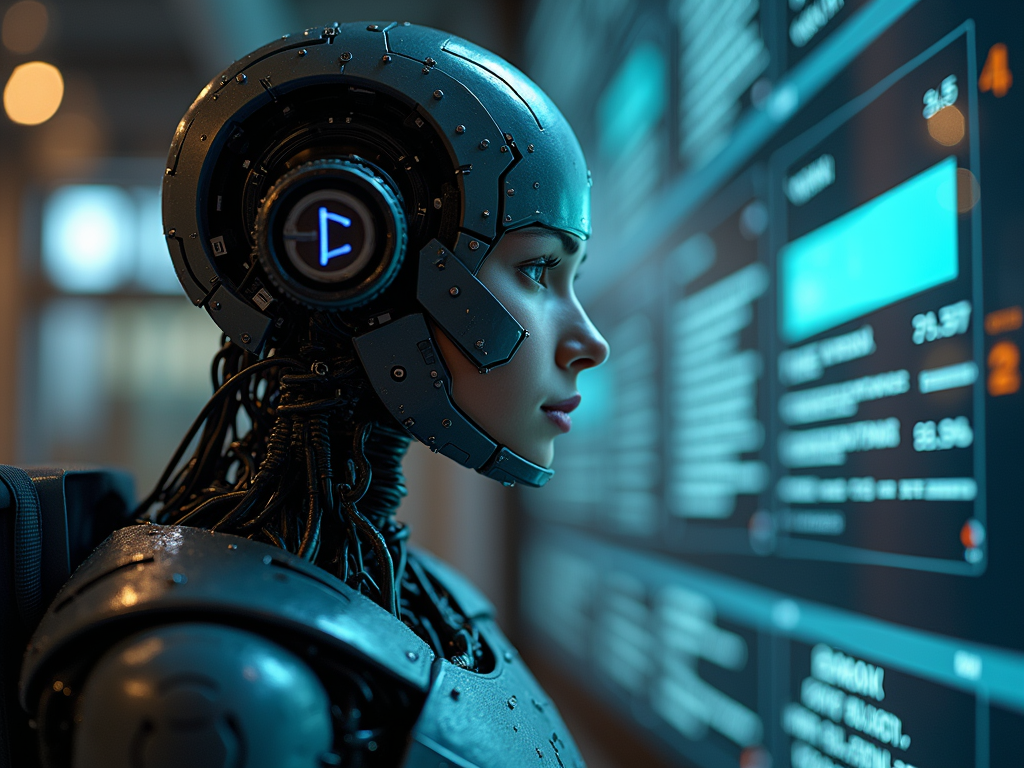The Power of AI Agents
AI agents are smart, autonomous software programs that learn and adapt. They use advanced tech to automate tasks and make decisions across industries. From customer service to healthcare, they're changing how we work. While powerful, they also raise ethical concerns.
Imagine having an assistant like ChatGPT that can learn, adapt, and make decisions on its own. Sounds like science fiction, right? But with advancements in artificial intelligence, it's becoming a reality. But that's exactly what AI agents are capable of, showcasing their potential as autonomous agents. These intelligent software entities can transform the way we work, interact with technology, and make decisions.



What is an AI Agent?
An AI agent is like a super-smart computer program that can perceive its environment, make decisions, and take actions to complete tasks and achieve specific goals. Unlike traditional AI systems, AI agents are autonomous, meaning they can operate independently without constant human intervention, showcasing their agentic nature. They use machine learning and natural language processing to understand the world around them and make informed decisions as AI assistants.
How do AI agents differ from other AI systems, particularly in their ability to function as autonomous agents?
Traditional AI systems are like rigid computer programs that follow a set of predefined rules to process information and generate outputs. In contrast, AI agents are flexible and adaptable, using technologies like large language models (LLMs) and deep learning to understand context, adapt to new situations, and improve their performance over time.
The Role of Autonomy in AI Agent Functionality highlights how AI models can enhance decision-making processes.
Autonomy is the key feature that sets AI agents apart from other AI systems. With autonomy, AI agents may operate independently, making decisions and taking actions without human oversight. This allows them to handle complex tasks, adapt to changing environments, and learn from their experiences using generative AI.
Types of AI Agents include those that use AI to enhance their capabilities and adapt to new challenges.
There are several types of AI agents, each with its own strengths and limitations.
- Simple reflex agents are the most basic type, operating based on predefined rules without considering past experiences or future consequences.
- Model-based reflex agents are a type of AI model that can respond to stimuli based on learned behaviors. Agentic AI agents are more advanced, using an internal model of the world to make more informed decisions as autonomous agents.
- Goal-based and utility-based agents are designed to automate specific tasks efficiently, often as part of a multi-agent system. are more sophisticated, using specific objectives and utility functions to evaluate different courses of action and make decisions.
- Learning agents AI agents are the most advanced type, capable of improving their performance over time by learning from experience and feedback through the use of AI models.
How Do AI Agents Work?
AI agents rely on technologies like large language models (LLMs), machine learning, and natural language processing to function within a robust AI framework. LLMs enable AI agents to understand and generate human-like text with remarkable accuracy and coherence. Machine learning allows AI agents to learn from data, improve their performance over time, and adapt to new situations.
Practical Applications of AI Agents
AI agents have a wide range of practical applications across various industries, demonstrating how they can complete tasks efficiently. In customer service, AI agents can use real-time data to assist with queries, provide support, and offer personalized recommendations. In manufacturing, AI agents can optimize production lines, predict maintenance needs, and manage inventory levels autonomously.
In healthcare, AI agents can assist with patient triage, medical image analysis, and treatment planning. In software development, AI agents can help with code generation, bug detection, and optimization.
Deploying and managing AI agents effectively requires understanding their capabilities and potential as part of a multi-agent system.
To deploy AI agents effectively, businesses need to start by identifying specific processes or tasks that could benefit from AI automation or augmentation. They should then select the right AI technologies, integrate them into existing workflows and systems, and provide adequate training to employees who will work alongside AI agents powered by OpenAI.
Challenges and Limitations of AI Agent Technology must be addressed to fully realize the potential of agentic AI systems.
Despite the benefits of AI agents, there are several challenges and limitations to consider. One of the biggest challenges is the potential for bias in AI agent systems, which can result in unfair or discriminatory outcomes. Another challenge is the need for human oversight and transparency in AI agent decision-making processes.
The Future of AI Agents
As AI agent technology continues to evolve, we can expect to see more sophisticated and context-aware AI agents capable of handling increasingly complex tasks and interactions. The integration of AI agents with other emerging technologies like the Internet of Things (IoT), blockchain, and quantum computing could lead to even more powerful and versatile AI systems.
However, the societal implications of these advancements are profound and multifaceted. As AI agents become more integrated into our daily lives and critical infrastructure, society will need to grapple with challenges like privacy, job displacement, and the potential concentration of power in the hands of those who control advanced AI technologies.
Conclusion
AI agents have the potential to transform various industries and aspects of our lives. To unlock their full potential, we need to develop a deeper understanding of how they work, their capabilities, and their limitations. By embracing the possibilities of AI agents, we can create more efficient, effective, and innovative solutions to complex problems.

